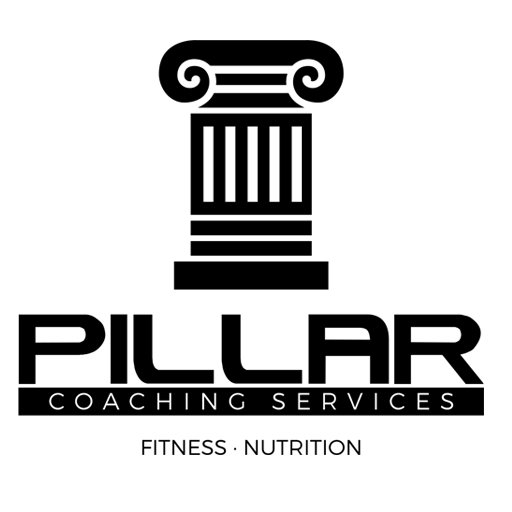Your Diet Is Not Just What You Eat
By: Michael Beiter
A client and I were talking recently:
He said:
"When I saw a Facebook post from my bodybuilding friend, I had an odd emotional reaction. It took me 48 hours and a tattoo session to determine what it meant. I concluded that I decided I was not willing to do any of the things he talked about, including the primarily nude progress photos, being so heavy he gets winded after climbing stairs, and the impending diet he'll have to endure.
It was a liberating discovery because I realized my values have changed. I used to take steroids and obsess about how I looked and performed. I cared so much and thought everyone else did, too. A random post might draw me back in occasionally, but I'm happy I chose the way I did."
I echoed his sentiments and told him about setting limits on his social media like we do on his food and workouts.
"It's hard to feel good about yourself when you're constantly looking at people stronger, prettier, richer, more muscular, and leaner than you. So I stopped looking, and my self-esteem increased significantly," I said.
My studies as a stress management coach last year talked about reducing harmful media consumption. It's easy to point to the news and their 'if it bleeds, it leads' model and turn them off; we can only do a little about what they talk about anyway. However, researchers suggested you cut out harmful social media relations, too. Just because you went to high school with someone doesn't mean you need to bear their online presence, especially if it upsets you. With a couple of button clicks, we can cultivate our media experiences to be joyous instead of infuriating.
If cultivation isn't your thing, maybe cutting it altogether is. Several clients and friends have chosen to go social media-free for a while and report improvements in their well-being.
Either way, taking control of our media helps us live healthier lives.
Remember, your diet isn't just what you eat; it's also what you see and hear.

